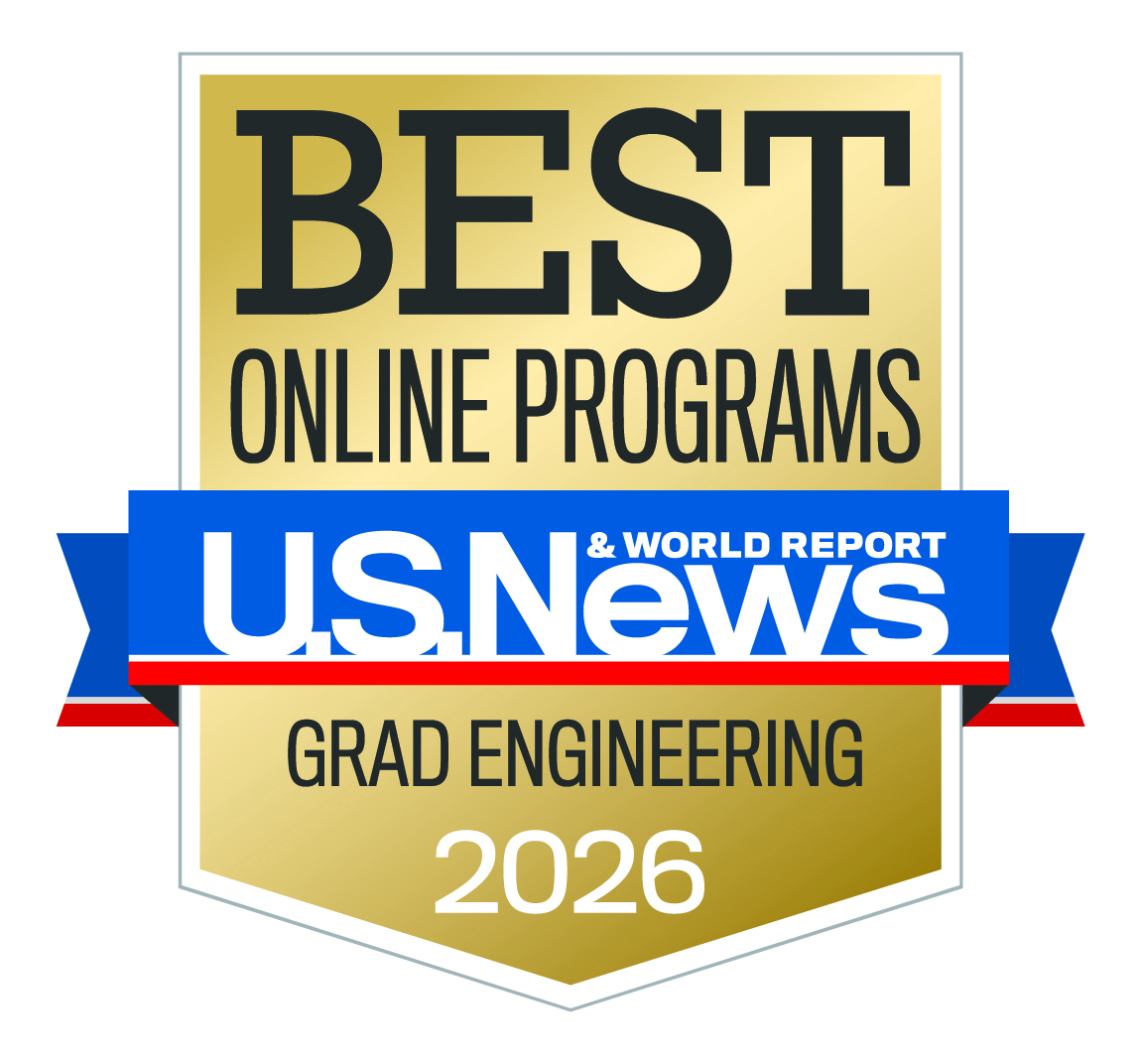Mechanical and Nuclear Engineering
Master of Science in Mechanical and Nuclear Engineering
Develop a range of advanced engineering skills within one of the broadest engineering disciplines. A master’s degree in mechanical and nuclear engineering teaches you to apply the principles of engineering, material science, physics and mathematics to design, analyze and manufacture mechanical systems such as vehicles, biomedical devices, consumer products, internal combustion engines, power plants, and other nuclear applications.
What You’ll Learn
Our 30-credit program can be completed by full-time students in three semesters (including summer). Apply your engineering, science and mathematical knowledge to formulate solutions to new and existing problems while communicating your findings to colleagues, industry and community stakeholders.
You will also develop expertise in areas like:
- Advanced manufacturing
- Aerosol technologies
- Fluid mechanics
- Magnetics
- Mechanobiology
- Nuclear energy
- Nuclear medicine
- Robotics design
- Surface engineering
- Vehicle design
The following VCU College of Engineering online master's degree programs are top ranked by U.S. News & World Report.

The VCU College of Engineering’s unique approach to combining mechanical and nuclear engineering education prepares you for any challenge. Formed from a partnership with Dominion Energy, the program provides a foundation in nuclear energy, allowing you to choose your educational path with advanced coursework in either mechanical or nuclear engineering.
Etched into the landscape of Richmond, the VCU College of Engineering gives students access to a culturally vibrant and diverse city full of potential. We focus on developing close partnerships with public institutions and private businesses in order to give you unique learning and job opportunities.
Master’s program students also have access to benefits like:
- Dual focus on mechanical and nuclear engineering provides a foundation for a variety of engineering specializations
- Choose your own specialization path and focus in on education in either mechanical or nuclear engineering
- Learn when and where you want with a combination of in-person and online classes designed to work with your schedule in mind
- Dedicated Career Services department that provides internship and employment opportunities
- Industry connections through college partnerships with public and private industry
- Interdisciplinary education to teach collaboration with engineering practitioners outside your field of study
Reference the VCU Bulletin for a full list of mechanical and nuclear engineering classes. Master’s program courses are 500 level and above (for example, EGMN 605). Below are a few signature courses from the program:
- Mechanical and Nuclear Engineering Analysis (EGMN 605): Learn to apply mathematics to advanced topics practical for mechanical and nuclear engineering problem solving. This includes Fourier analysis, partial differential equations, boundary value problems, series solutions, complex analysis, conformal mapping, complex analysis and potential theory, applications in fluid mechanics, vibrations, and mechanical and nuclear engineering problems.
- Mechanical and Nuclear Engineering Continuum Mechanics (EGMN 606): Understand the deformation of and transmission of forces through materials by learning principles like: scalars, vectors and tensors, indicial notation, transformation law, principal values and directions, tensor fields, integral theorems of Gauss and Stokes, stress, Mohr’s circle, strain, kinematics of deformation and motion, rate of deformation, general principles (continuity, momentum, energy), constitutive equations, linear elasticity, Hooke’s law, three-dimensional elasticity, classical fluids, Navier-Stokes equations, Bernoulli equation, and flow (viscous, steady, irrotational).
- Topics in Nuclear Engineering (EGMN 610): Gain a broad understanding of important nuclear engineering topics like: concepts of atomic and nuclear structure, mass and energy, nuclear stability, radioactive decay, radioactivity calculations, nuclear reactions, interaction of radiation (neutrons and photons) with matter, fission chain reaction, neutron diffusion, nuclear reaction theory, reactor kinetics, health physics, reactor power plants (pressurized- and boiling-type water reactors), and waste disposal.
A graduate degree in mechanical and nuclear engineering can facilitate career advancement in a number of industries like:
- Aerospace
- Construction
- Defense
- Energy
- Manufacturing
- Medical devices
Consider possibilities like:
- Aerospace, Stress Manager: Apply mechanical engineering expertise to the structural analysis of aircraft, missiles or spacecraft. Lead and coordinate teams of engineers to facilitate the development or refinement of aviation structures.
- Defense, Mechanical Engineer: Plan, design and oversee the mechanical engineering design and development in support of weapon systems. Calculate cost and determine feasibility of projects based on analysis of collected data, applying knowledge and techniques of engineering and advanced mathematics.
- Energy, Operations Engineer: Work on projects that require the implementation, maintenance and troubleshooting of control systems for biomass, landfill gas to energy, automated demand response, combined heat and power, and alternative energy projects. Operate automated data systems, assist in operational plant troubleshooting and conduct testing in a laboratory environment.
With the help of our Career Services team, VCU College of Engineering graduates have many opportunities to network with alumni and industry professionals. Our students work at companies like:
- Dominion Energy
- Huntington Ingalls Industries
- The Naval Surface Warfare Center
- Newport News Shipbuilding
- Sikorsky Aircraft Corporation
- United States Army
How to apply
VCU offers an online, self-managed application process. See what’s needed to apply for an engineering graduate program and reference our list of Frequently Asked Questions (FAQ).